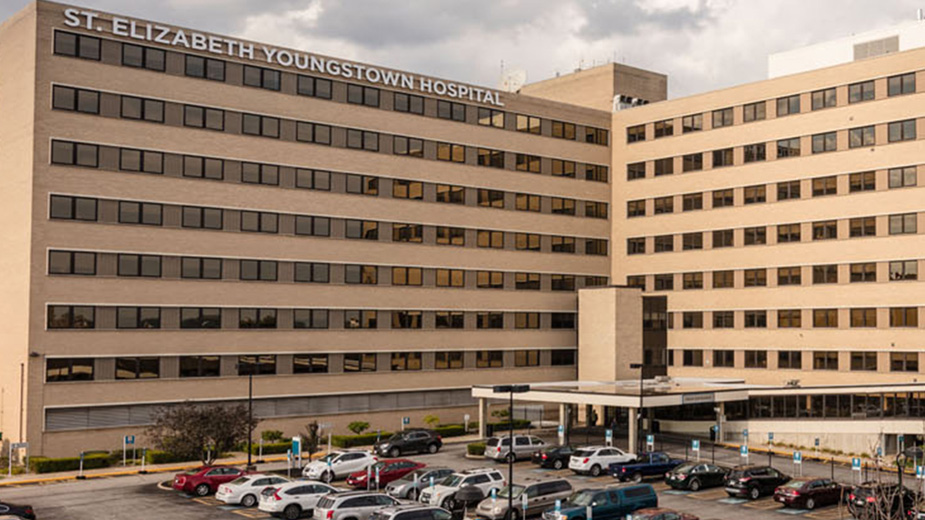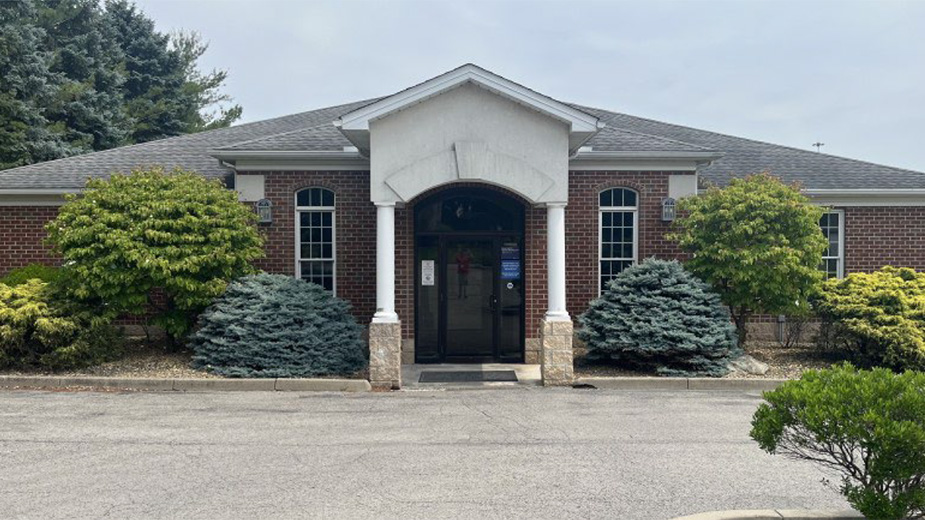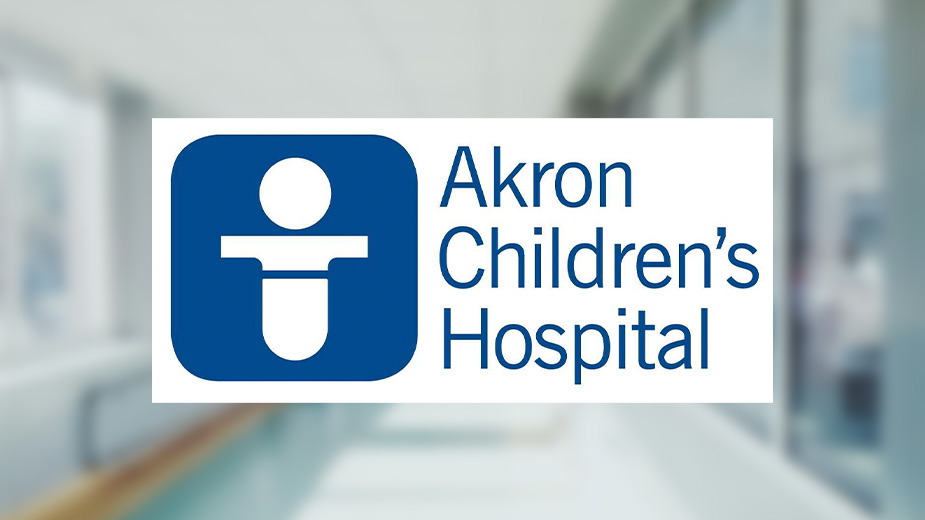Region’s Hospitals Graded on Patient Safety
YOUNGSTOWN, Ohio – The three hospitals operated in the region by Mercy Health-Youngstown received different grades – an A, B and C – from an analysis of patient safety that assessed more than 2,600 general acute-care hospitals across the country.
And the two hospitals operated here by Steward Health Care also received different grades – a B and C.
The Leapfrog Hospital Safety Grade is administered on behalf of employers and other purchasers of hospital services by The Leapfrog Group, a nonprofit organization based in Washington, D.C. Of more than 2,600 hospitals graded, 32% earned an A, 24% earned a B, 37% a C, 6% a D and less than 1% an F, according to Leapfrog.
The safety grades are compiled twice a year from data reported by the hospitals in five areas: Infections, problems with surgery, practices to prevent errors, safety problems, doctors, nurses and hospital staff. The ratings are based on quality measures compiled by the American Hospital Association, the Center for Disease Control, the Centers for Medicare & Medicaid Services and other organizations.
St. Elizabeth Youngstown Hospital received an overall grade of C, down from B this spring and last fall. The hospital was graded below average in preventing certain infections and above average in preventing others. It also performed above average in certain surgical areas but below average in others, including a near-the-bottom ranking for accidental cuts and tears. In terms of practices to prevent errors, St. E’s Youngstown was found lacking in leadership efforts, in doctors communicating with patients and the responsiveness of hospital staff.
By contract, St. Elizabeth Boardman Hospital received an A grade from the Leapfrog survey. Still, the rankings found below-average scores for medication administration and communication. Leadership and staff working together to prevent errors also was ranked below average as well as responsiveness of hospital staff.
St. Joseph Warren Hospital received a B grade. Among below-average rankings were infection after colon surgery, death from serious treatable complications, accidental cuts and tears, administration and communication about medicines, patient falls and the same leadership problems identified at St. E’s Youngstown and Boardman.
“This is older data, meaning 2017 data,” said Dr. Jim Kravec, chief clinical officer for Mercy Health-Youngstown.
“A lot of what this survey might show in the findings has already been addressed,” added Jonathon Fauvie, integrated communications/public relations manager.
Mercy Health put in place at the start of 2018 a leadership team to improve safety and communication, patient experience and outcomes, they say.
As for why St. E’s Youngstown was graded a C while St. E’s Boardman got an A, Kravec said it has nothing to do with the age of the hospital buildings.
The downtown hospital “sees our most complex patients,” he explained, “very critically ill and injured patients, and with that comes a much more challenging patient than we see in Boardman and in community hospitals.”
A study by Johns Hopkins University estimates that more than 250,000 people die every year in the United States from medical errors, which makes it the third-leading cause of death.
This year the Leapfrog Group expanded its ratings to include an assessment of hospital use of Bar Code Medication Administration, which helps reduce the risk of giving the wrong medication to a patient.
Trumbull Memorial Hospital in Warren, operated by Steward Health, received a C grade – an improvement from the D the hospital received in the spring and fall 2017 rankings. Below-average performance was identified in infection control, death from serious treatable complications, breathing problems and dangerous blood clots. Practices to prevent errors found as lacking included hand-washing and communication about medicines and discharge. Below average rankings in the “doctors, nurses and hospital staff” category were across the board. There were not enough qualified nurses or specially trained doctors for intensive care patients. And communication with doctors and nurses was also ranked below average as was the responsiveness of hospital staff.
Sharon Regional Medical Center in Sharon, Pa., another Steward hospital, received a B. It was the first time its operations were scored. Below-average scores were found in infection control, breathing problems, accidental cuts and tears, hand-washing, bed sores and communication with patients. Hospital leadership was cited as below average in preventing errors. There were not enough qualified nurses, communication among doctors and nurses was below average as was the responsiveness of the hospital staff, according to the survey.
UPMC Jameson in New Castle, Pa., received a C grade – the same as it has since 2015. Problem areas include infections, wounds splitting open, collapsed lungs, blood clots and dangerous objects left in a patient’s body. While hospital leadership was rated above average in working to prevent errors, staff communication and responsiveness was below average as was the number of specially trained doctors caring for intensive care patients.
Salem Regional Medical Center received a C grade, as it has since 2015. Likewise, problem areas include infections, communication about medicines, patient falls and lack of intensive care physicians. The hospital declined to report information in seven areas including hand-washing and the level of nurse staffing.
CLICK to see full score of area hospitals.
Pictured at top: St. Elizabeth Boardman Hospital in Youngstown.
Copyright 2024 The Business Journal, Youngstown, Ohio.



